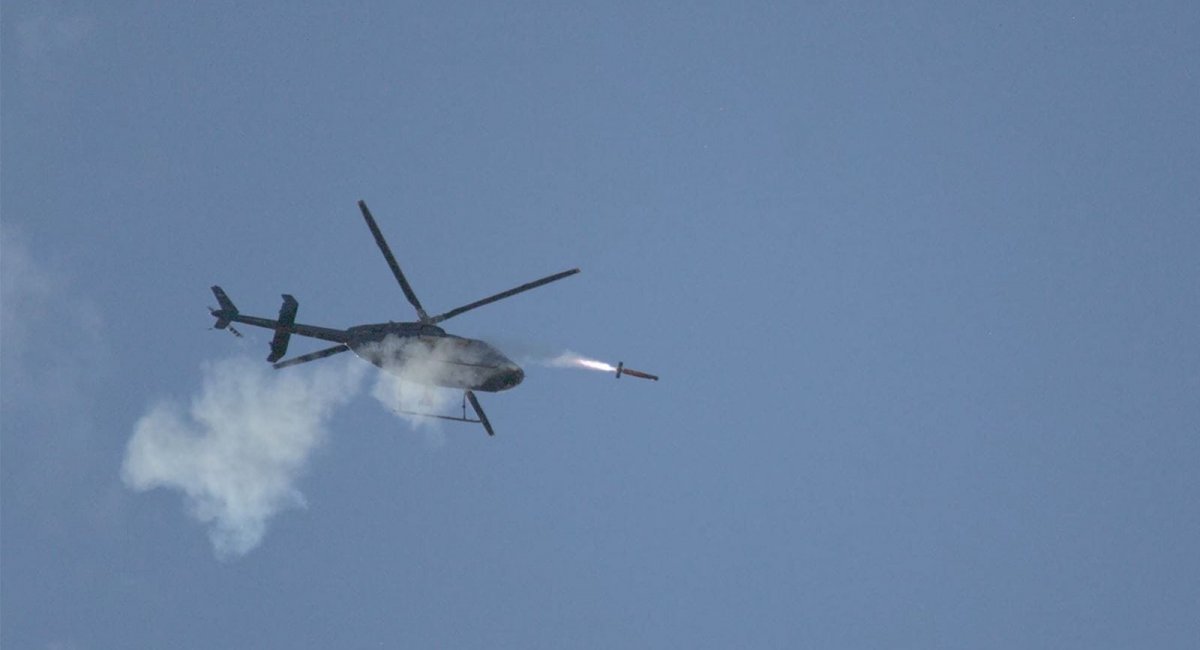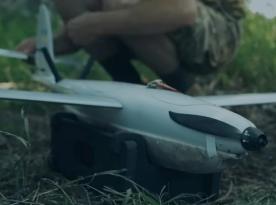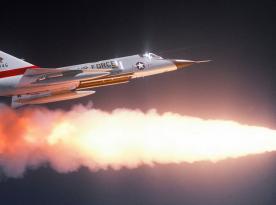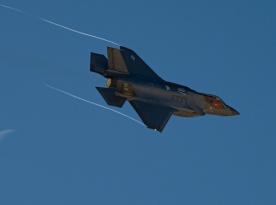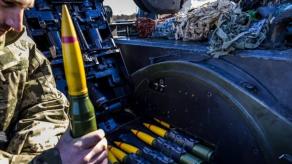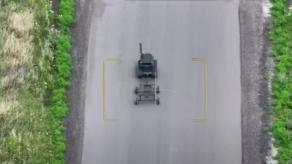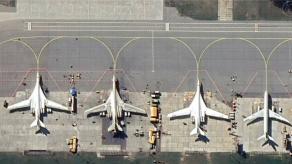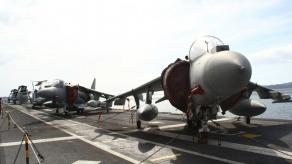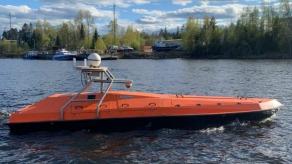The United States has successfully tested the Coyote LE SR, a jet-powered drone developed by Raytheon, from a helicopter for the first time. This marks a significant milestone in expanding the drone’s deployment versatility, allowing it to be launched not only from land and sea but also from airborne platforms.
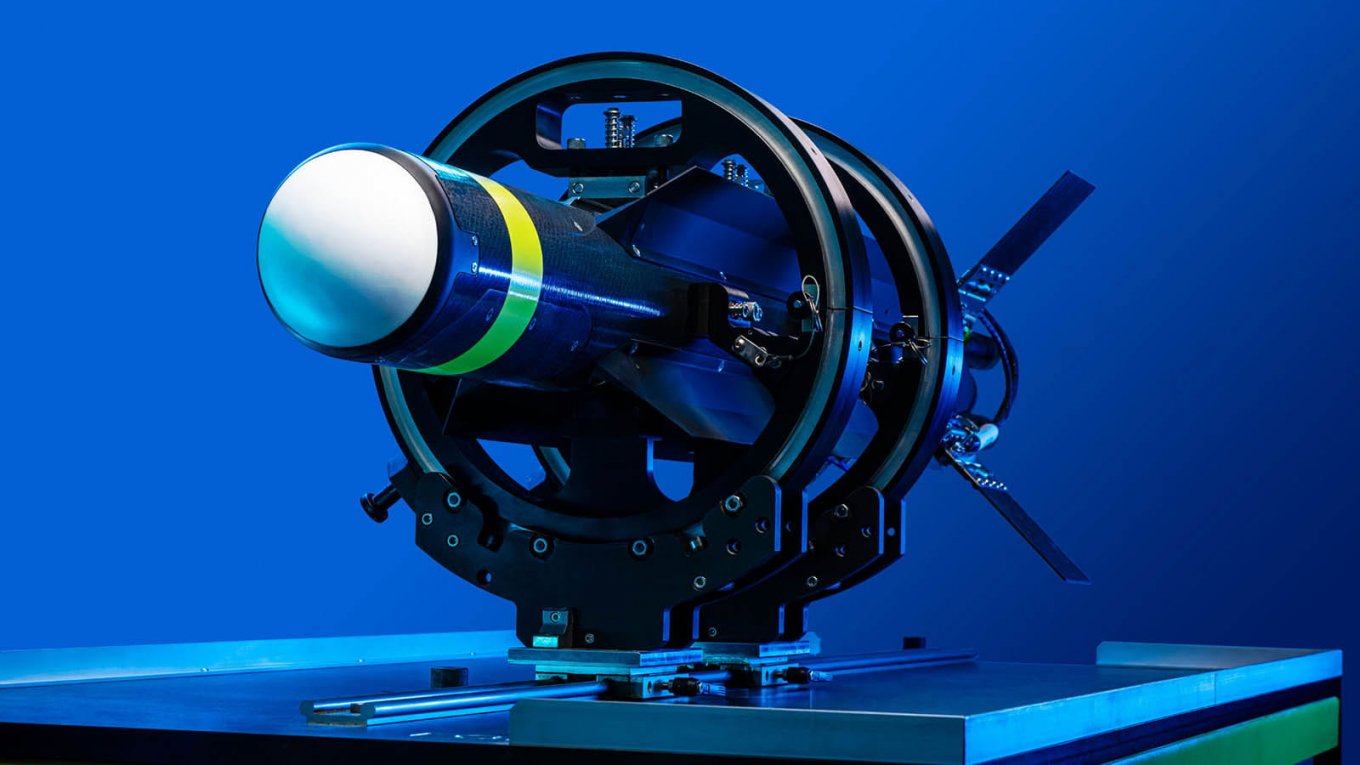
The Coyote LE SR drone is designed primarily for reconnaissance, surveillance, electronic warfare, and precision strikes. While its exact specifications remain classified, it is expected to differ from previous Coyote models, which focused on intercepting UAVs using kinetic and electronic warfare countermeasures. The transition to a reconnaissance role suggests a shift in operational use, moving away from the direct destruction of aerial threats.
Read more: How Effective Coyote Counter-UAV Drones Would Be Against russian Shahed Attacks
Raytheon has marketed the Coyote series as an effective solution for countering UAV threats. However, its cost suggests otherwise, with some variants, such as the Coyote 2C drone, priced at $125,000 per unit. Earlier versions, such as the Coyote Block 2 unit, featured a range of over 10 km and speeds reaching 600 km/h, relying on a solid-fuel booster and jet engine propulsion.
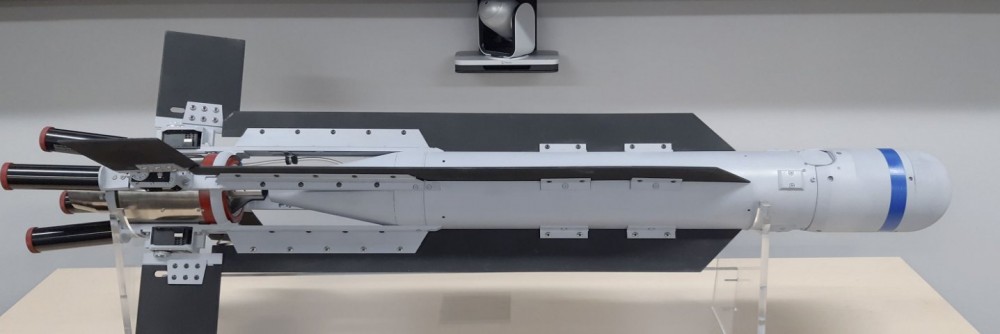
Unlike previous variants, the Coyote LE SR drone is unlikely to be reusable due to the complexities of retrieving a drone launched from a helicopter in combat conditions. This sets it apart from the Coyote Block 3 unit, which was designed to be recovered and reused.
The effectiveness of the Coyote series has already been demonstrated, with over 170 drones shot down and deployments at 36 locations. Furthermore, the U.S. Army plans to procure thousands of the Coyote interceptor drones, reinforcing their role in modern warfare.
Read more: Raytheon Demonstrated Counter-Drone Capability of its Coyote Block 2+ Drone (video)




